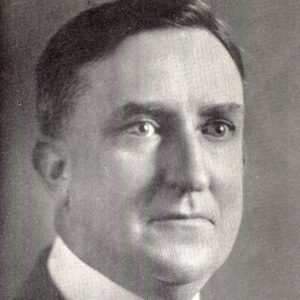 Frank G. Smith
Frank G. Smith
Gender: Male
 Frank G. Smith
Frank G. Smith
Smith, Frank Grigsby
Smith, George Rose
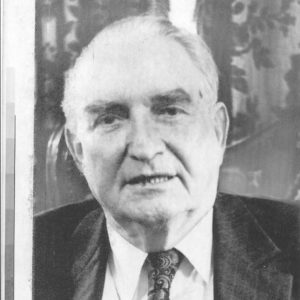 Gerald L. K. Smith
Gerald L. K. Smith
Smith, Gerald Lyman Kenneth
Smith, Griffin Sr.
Smith, Harold Raymond (Hal)
Smith, Hay Watson
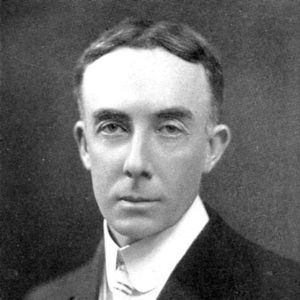 Hay Watson Smith
Hay Watson Smith
Smith, Henry (Lynching of)
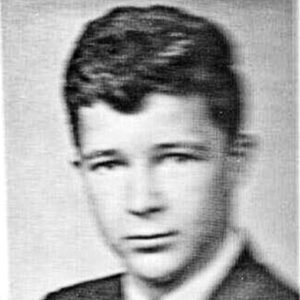 Hershel Alan Smith
Hershel Alan Smith
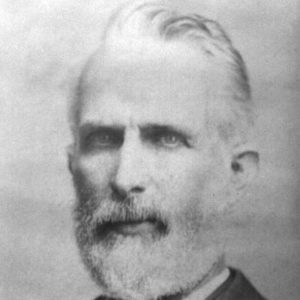 Jabez M. Smith
Jabez M. Smith
Smith, James (Lynching of)
Smith, Jim (Lynching of)
Smith, Lavenski Roy
 Lavenski Smith
Lavenski Smith
Smith, Leroy (Lynching of)
Smith, Less (Lynching of)
Smith, Morgan
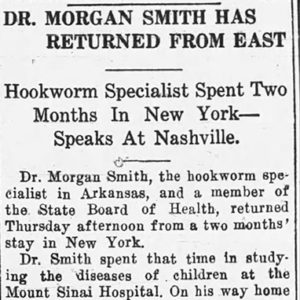 Morgan Smith Article
Morgan Smith Article
Smith, Norman Eugene
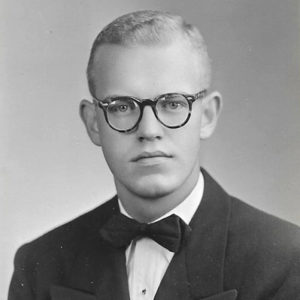 Norman Smith in College
Norman Smith in College
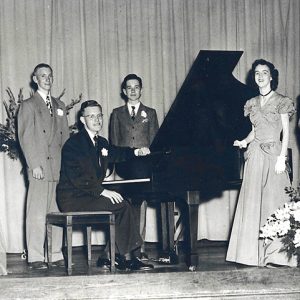 Norman Smith Recital
Norman Smith Recital
 Norman Smith
Norman Smith
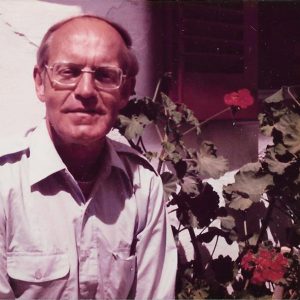 Norman Smith 1970s
Norman Smith 1970s
 O. C. Smith
O. C. Smith
Smith, Ocie Lee (O. C.), Jr.
Smith, Odell
Smith, P. Allen
Smith, Ray Sammons, Jr.
Smith, Robert Hardin
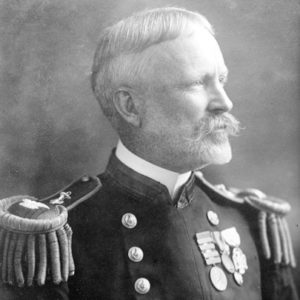 Roy Smith
Roy Smith
Smith, Stephen Austin
Smith, V. V.
aka: Volney Voltaire Smith
Smith, Walter (Reported Lynching of)
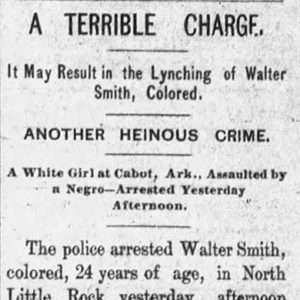 Walter Smith Crime Story
Walter Smith Crime Story
Smith, William Jennings (Bill)
Smith, William W.
 William Y. Smith
William Y. Smith
Smith, William Young
Smith, Willis S.
Smithee, James Newton
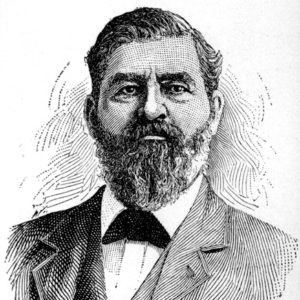 J. N. Smithee
J. N. Smithee
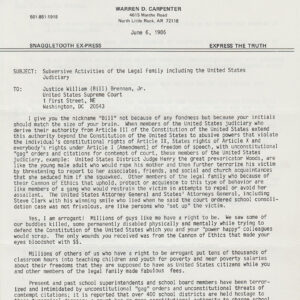 Snaggletooth Ex-Press
Snaggletooth Ex-Press
Snell, Richard Wayne
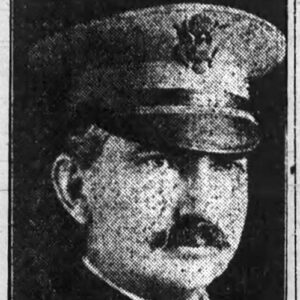 William Anderson Snodgrass
William Anderson Snodgrass
Snodgrass, William Anderson
 Snyder Campaign
Snyder Campaign
 Snyder Campaign
Snyder Campaign
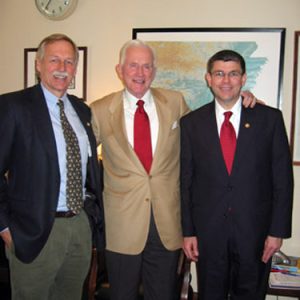 Snyder, Broyles, and Ross
Snyder, Broyles, and Ross




